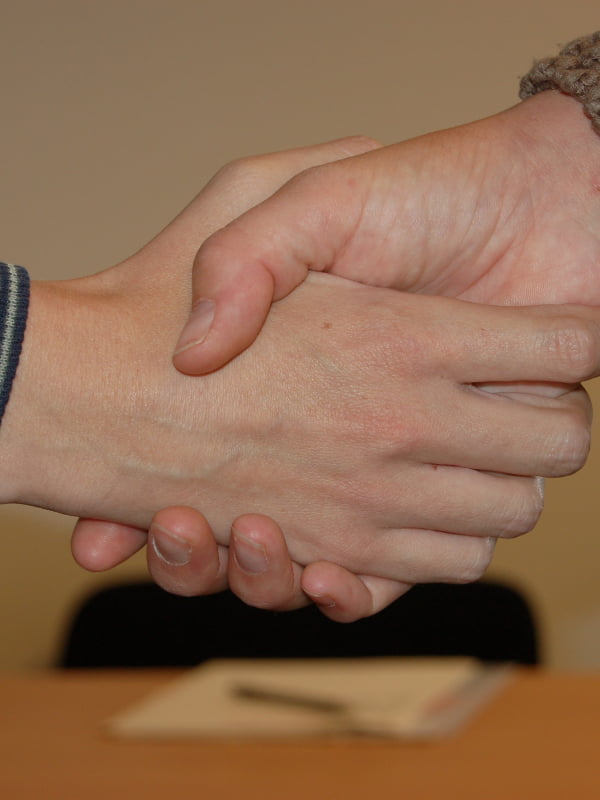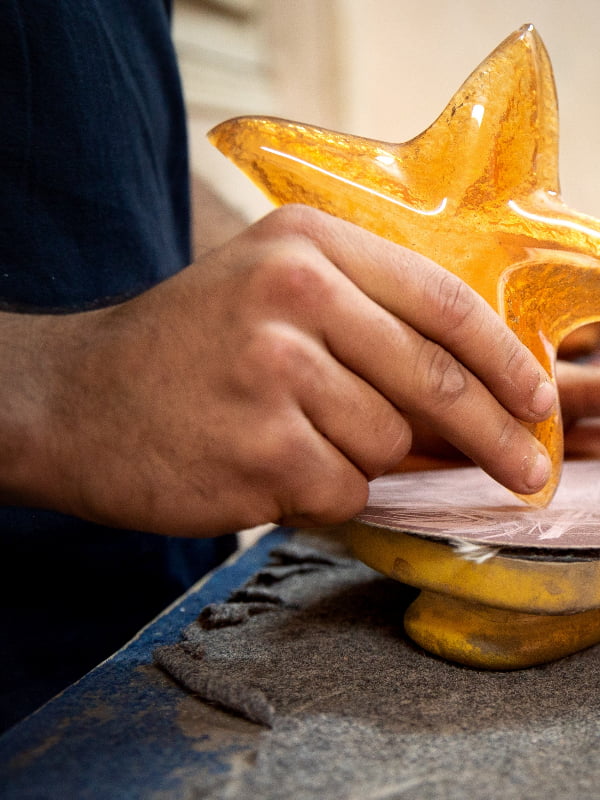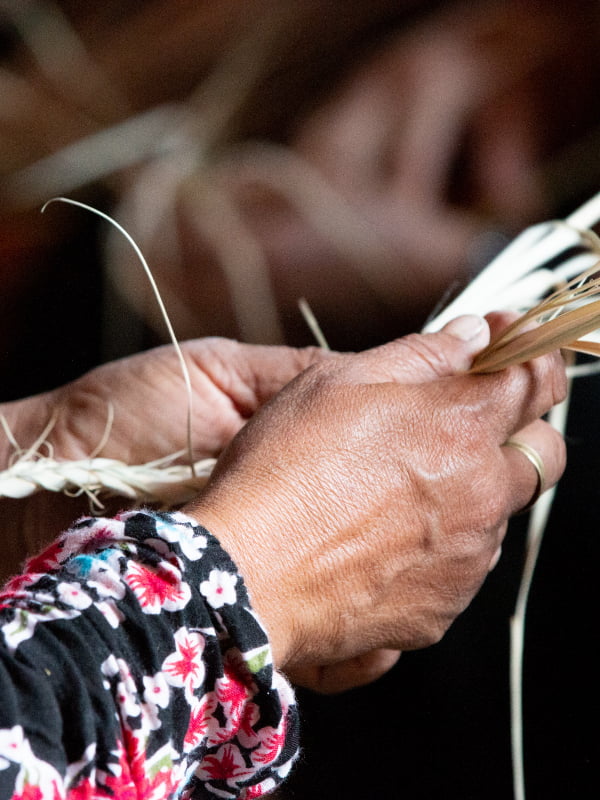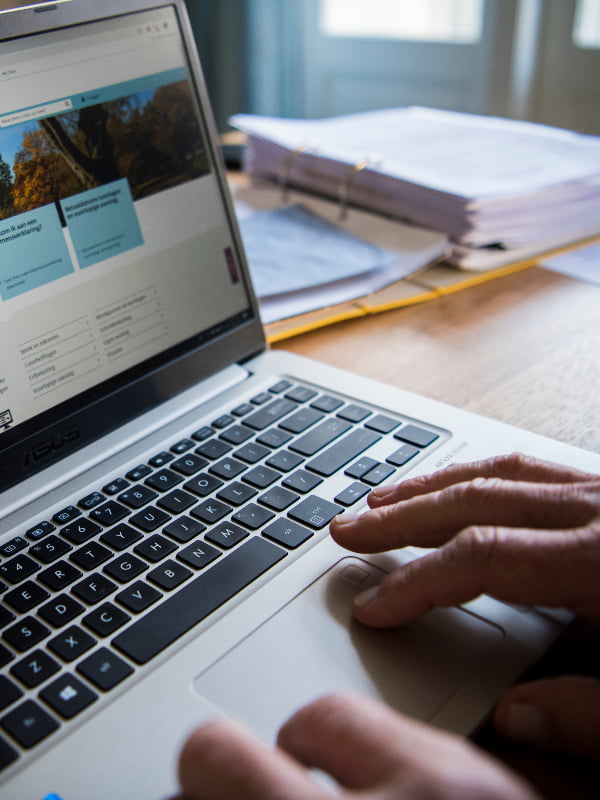Mini-grids in Mali: Reused solar systems provide 9,600 households with renewable energy
In Mali, 75% of people living in rural areas do not have access to electricity. Foundation Rural Energy Services (FRES) provides villages with electricity via solar-powered mini-grids. Mini-grids offer multiple opportunities for local entrepreneurs, organisations and the community. SDG 7 Results supports FRES via a results-based financing (RBF) subsidy. Djibril Séméga, Managing Director of FRES MALI, tells us more.
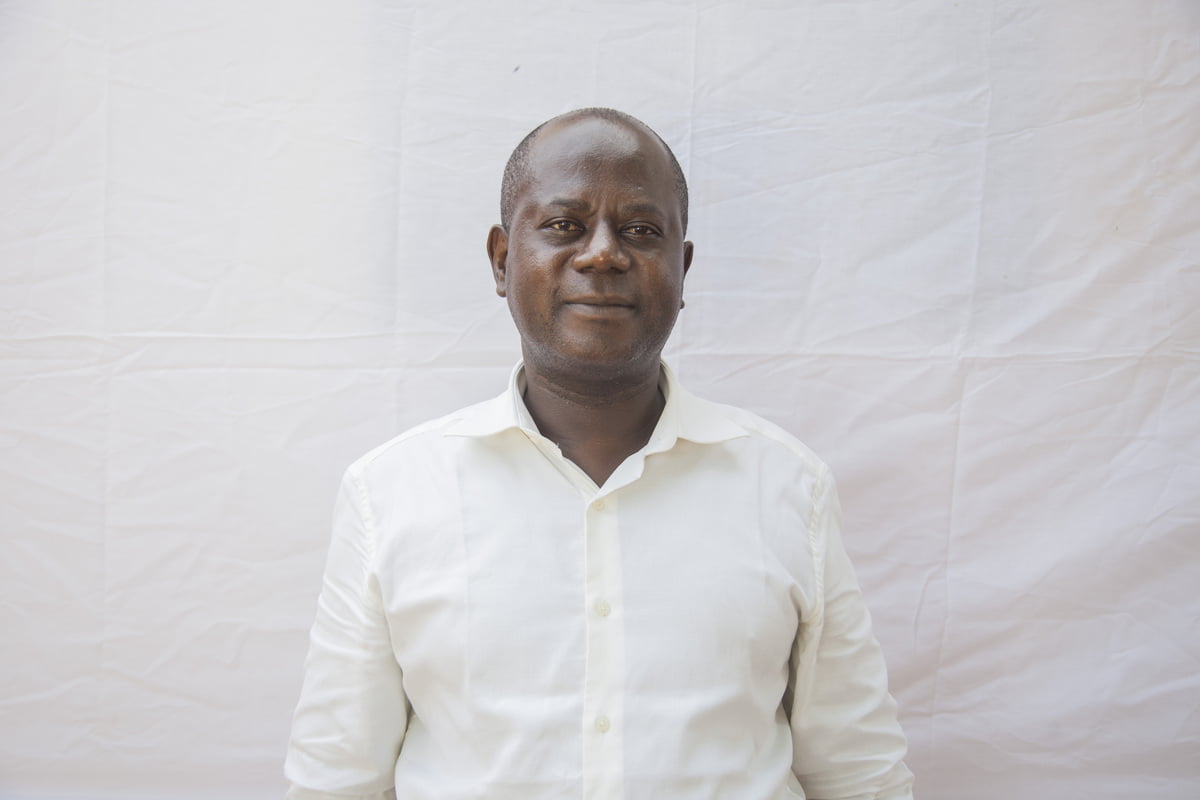
How do you provide sustainable energy in rural Mali?
"In 2001, FRES started installing individual solar systems in households to power lights and televisions; before that, these households had no electricity. We soon expanded these installations to create mini-grids. Mini-grids are local electricity networks that are not connected to the national network. These installations produce the power of multiple individual solar systems. They connect households, small workshops and community buildings like schools. By sharing the power, households can connect freezers and simple construction machinery to them. This is how we provide sustainable and affordable power to villages."
How does SDG 7 Results support FRES?
"Sometimes, one of our mini-grids gets connected to the national grid. In such a case, the solar panels are no longer needed, and we can reuse them to generate extra power in other mini-grids. This means we can connect households further away. Normally, that is not profitable due to the long electricity lines needed. But, thanks to the RBF subsidy from SDG 7 Results and the reused solar panels, we can do it."
What impact does a mini-grid have on a village?
"Mini-grids make production work, such as baking bread, much easier and more efficient. This has enabled local businesses to generate more income. Now, administrative tasks that require energy-consuming devices can also be carried out in the village. Mini-grids also make household tasks easier and light households, allowing children to study after dark."

How do you empower women?
"Besides reducing the time needed for household chores with mini-grids, we empower women via various activities. For example, we have developed solar-powered water pumps for women-run cooperatives. We give women the chance to manage a water pump. After training, they help other cooperatives benefit from the advantages of the pumping system. We also support women in their agricultural activities, helping them choose profitable crops to sell and advising them on how to manage their income."
What does the future look like for FRES?
"From 2006 to 2023, our mini-grids provided electricity to 14 villages and almost 9,600 households. In the future, we hope to reach even more households with SDG 7 Results' support. We remain committed to developing new applications for sustainable and affordable power, especially in villages where this is difficult to achieve."
- Ministry of Foreign Affairs
